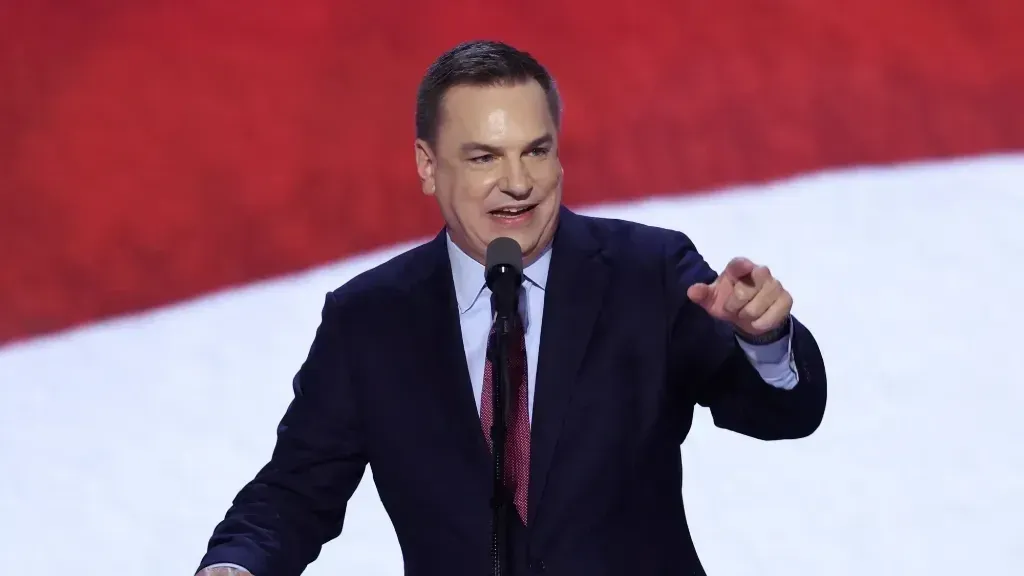Rep. Hudson to Chair House Communications and Technology Subcommittee
Hudson pledged a 'commonsense approach' under his leadership as head of the subcommittee.
Jericho Casper

WASHINGTON, Jan. 2, 2025 – Rep. Richard Hudson, R-N.C., will lead the key House subcommittee that keeps a close watch on federal communications regulators and a range of industry participants, including broadband Internet Service Providers.
Hudson, likely starting Jan. 3, will head the House Communications and Technology Subcommittee, a post he was given by incoming Energy and Commerce Committee Chairman Rep. Brett Guthrie, R.Ky.
Guthrie, who announced the subcommittee chairs on Dec. 19, named Rep. Rick Allen, R-Ga., vice chair of the Communications Subcommittee to serve alongside Hudson.
.
Both Hudson and Allen previously served on the Communications and Technology Subcommittee during past congressional sessions, with Hudson as a member in the 117th Congress (2021-23) and Allen in the 118th Congress (2023-2025).
Hudson, a vocal ally of President-elect Donald Trump, replaces Rep. Bob Latta, R-Ohio, who will now lead the Energy Subcommittee, after losing his bid for the top Energy and Commerce post to Guthrie.
“I’m honored to serve as Chair of @HouseCommerce’s Communications and Technology Subcommittee,” Hudson posted on Dec. 20, adding that he looks forward to “advancing commonsense policies that put America First” with Trump and Guthrie.
Hudson’s appointment comes at a pivotal time as Congress, the Federal Communications Commission, and the National Telecommunications and Information Administration advance efforts to expand broadband access and address digital equity challenges.
In addition to overseeing the FCC, NTIA, and broadband providers, the Communications Subcommittee also has jurisdiction over Section 230 of the Communications Decency Act, which protects online platforms from liability for user-generated content.
Hudson’s appointment could signal a renewed focus on reforming the provision. On X, he praised incoming FCC Chairman Brendan Carr as a “great pick” to “come for Big Tech,” while Carr congratulated Hudson, pledging to work together to “unleash economic opportunity.”
Hudson has shown interest in telecom issues in the past, with his legislative record including several related bills, like the Next Generation 9-1-1 Act, co-introduced with Rep. Anna Eshoo, D-Calif. in 2023, which would allocate $15 billion in federal funding to help state and local governments deploy advanced 9-1-1 systems nationwide.
That same year, in May, he introduced the Reducing Antiquated Permitting for Infrastructure Deployment (RAPID) Act, designed to modernize FCC rules and streamline the approval process for wireless infrastructure. And, in August 2021, Hudson proposed the 21st Century Broadband Deployment Act, which sought $23 billion to bring broadband access to unserved and rural areas.
Hudson’s opposition to the 2021 Infrastructure Investment and Jobs Act — which included $42.45 billion for the Broadband Equity, Access, and Deployment program and digital discrimination mandates under Section 60506 — could signal a new approach to federal broadband policies under his leadership. Only 13 House Republicans supported the IIJA.









Member discussion